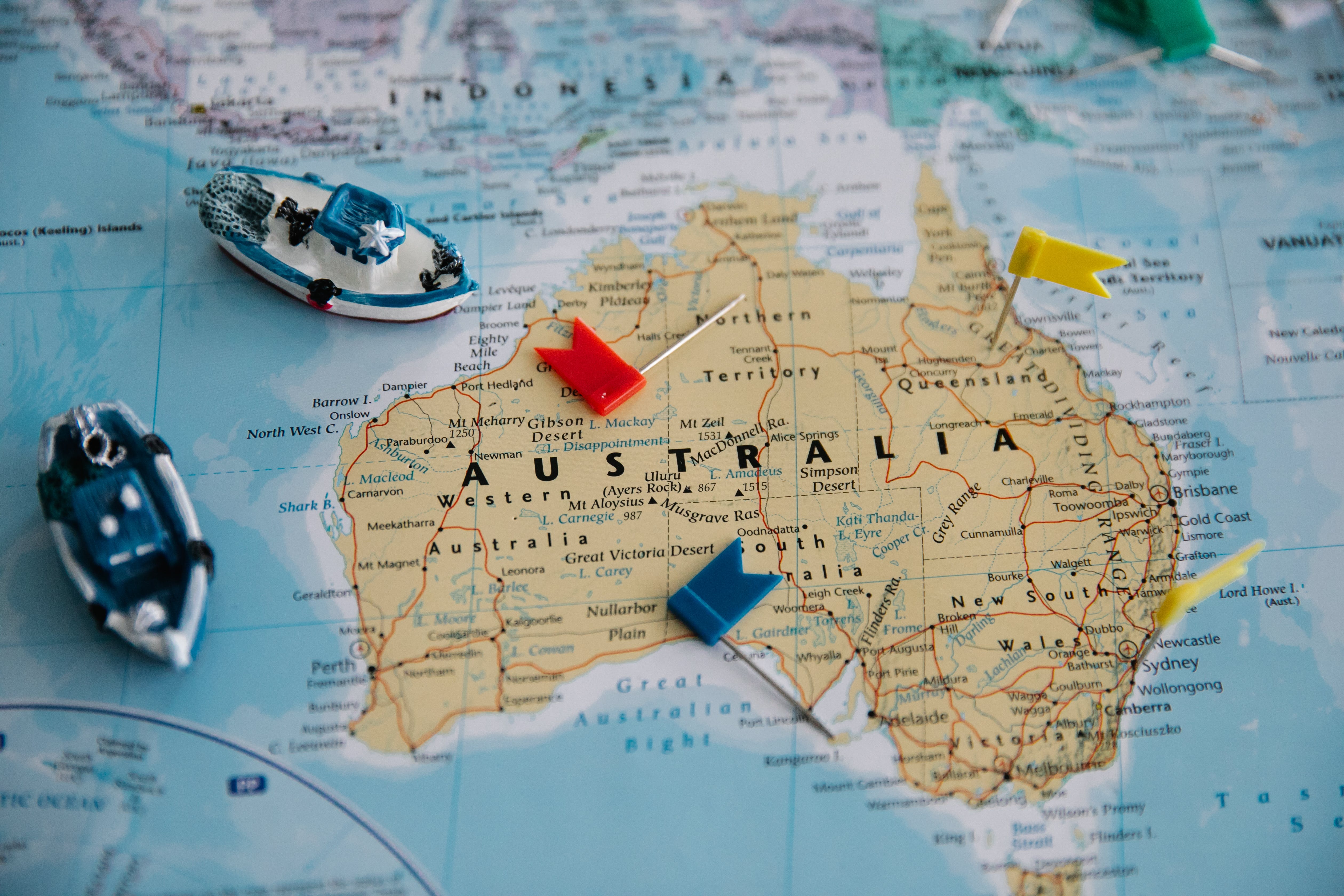Traveling to Australia: Understanding Permitted and Prohibited Items

Travelling to Australia is an exciting experience, but it is crucial to understand the customs and regulations involved in bringing items both in and out of the country. It is essential to be aware of what is allowed and what is prohibited in terms of food, plant materials, and animal products, to ensure that you do not experience any issues at the border. In this blog post, we will provide the necessary information regarding permitted and prohibited items when travelling to Australia.
Australia has a strict Biosecurity Act in place to protect the country’s flora, fauna, and economy. Items such as fresh fruits, vegetables, and certain plant materials may not be brought into the country. It is also not permitted to bring any live animals, including poultry, pets, or even insects, without the necessary permits. Considered an island continent, Australia is known for its unique ecosystem, so it’s best to avoid bringing risky materials such as soil, pesticides, and untreated wood that could potentially compromise the environment.
If you intend to bring any food items, it’s essential to declare them. Quarantine officers at Australian airports are highly trained to detect prohibited items that may carry harmful pests or diseases. Transporting any meat, dairy products, or fresh eggs, even for personal consumption, is not allowed. However, if you require special dietary needs and use protein powder supplements, it’s best to carry them in their original packaging, and you should declare them upon arrival. Failure to declare any relevant items may result in fines or even prosecution.
It is advisable to plan your packing well in advance and make sure you include warm clothing if travelling during Australia’s winter season. The continent’s weather patterns can be unpredictable, and it’s best to be prepared for any unforeseeable situation. The Australian summer can be brutally hot, and the winter can be unexpectedly cold, depending on which part of the country you visit. While it’s essential to carry warm clothing, it’s also important to be aware of how the seasons differ, depending on the regions you plan to visit. For a comfortable and successful trip, make sure you research the weather forecast for your destination and pack accordingly.
Prescription medications are permitted, and as per the Australian government’s guidelines, any necessary prescription medication should be carried in your hand baggage. Carry enough medication for your entire trip and ensure that your medication is correctly labelled. People travelling with medication, including syringes, need to carry a letter from a doctor or a medical certificate that validates the need for such medication. Travelling to Australia can be an exciting and rewarding experience. Still, it’s important to familiarize yourself with the regulations on prohibited items before you start your journey. By following the guidelines provided by the Australian government, you can make sure you have a comfortable and incident-free trip. Remember to be honest in declaring any relevant items to avoid fines or prosecution. Make sure you pack warm clothing if needed, and carry enough prescription medication approved by your doctor. With adequate preparation, you can enjoy the best of this beautiful country with peace of mind.






